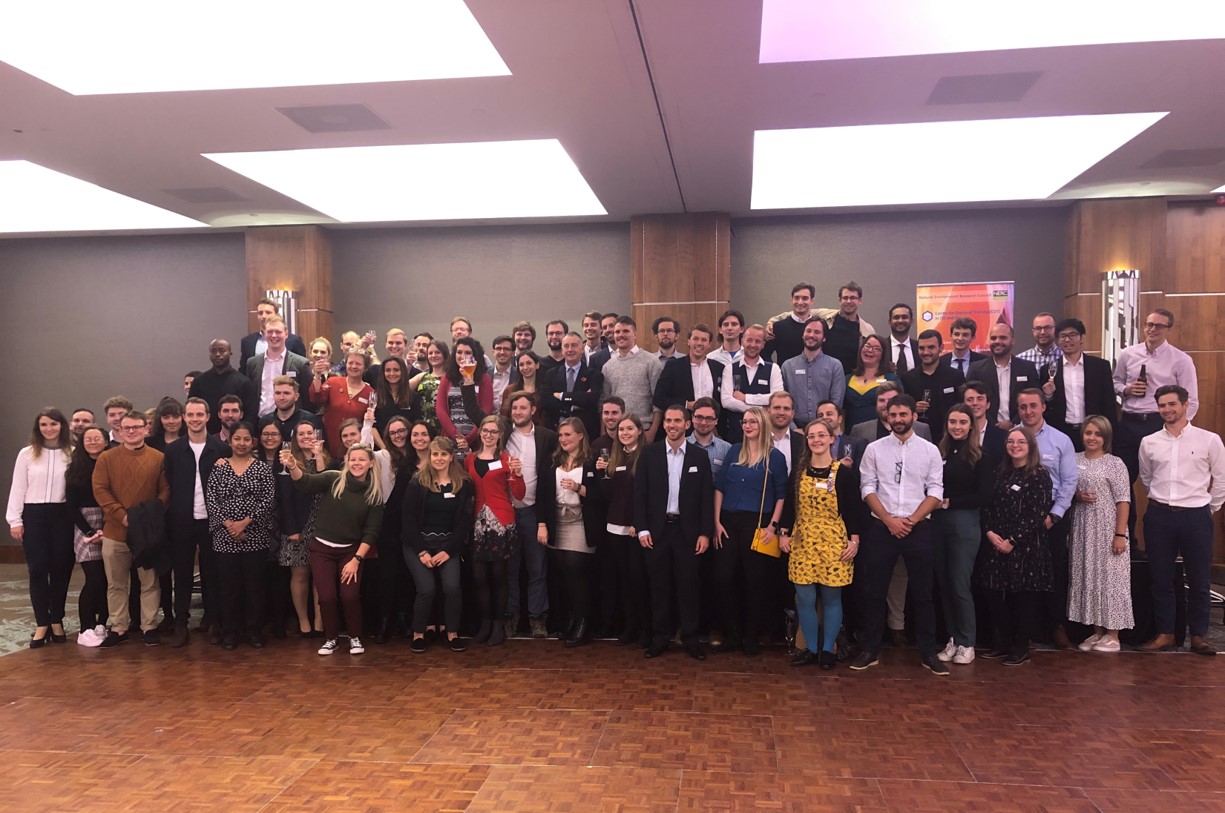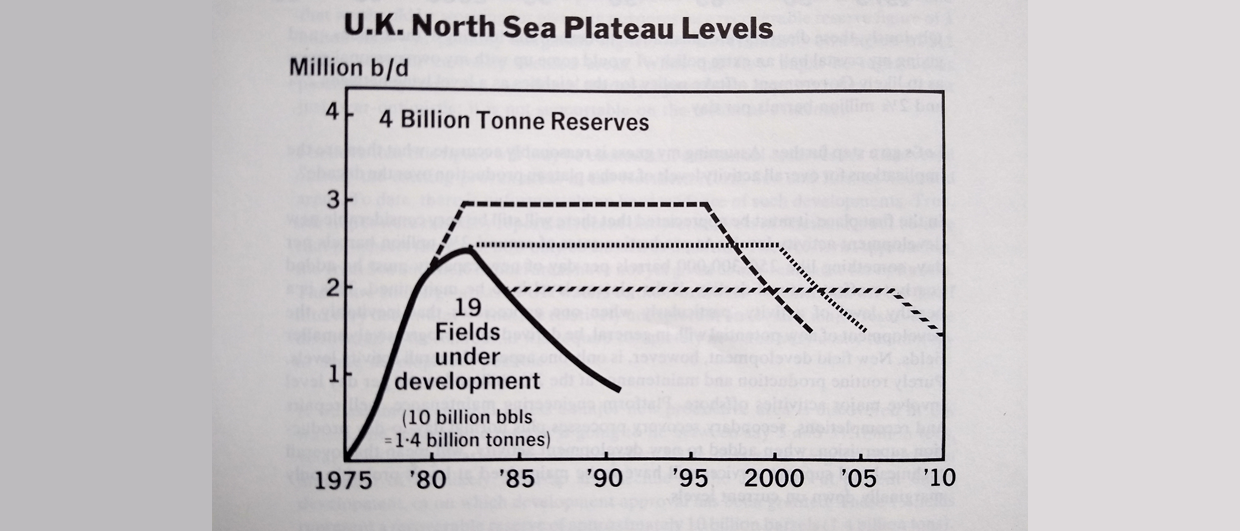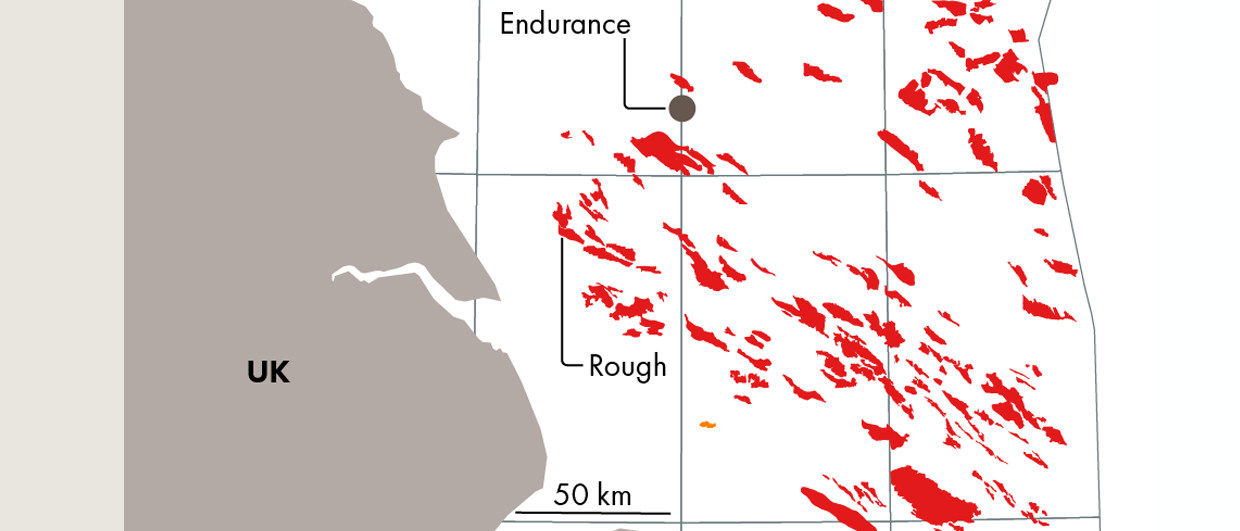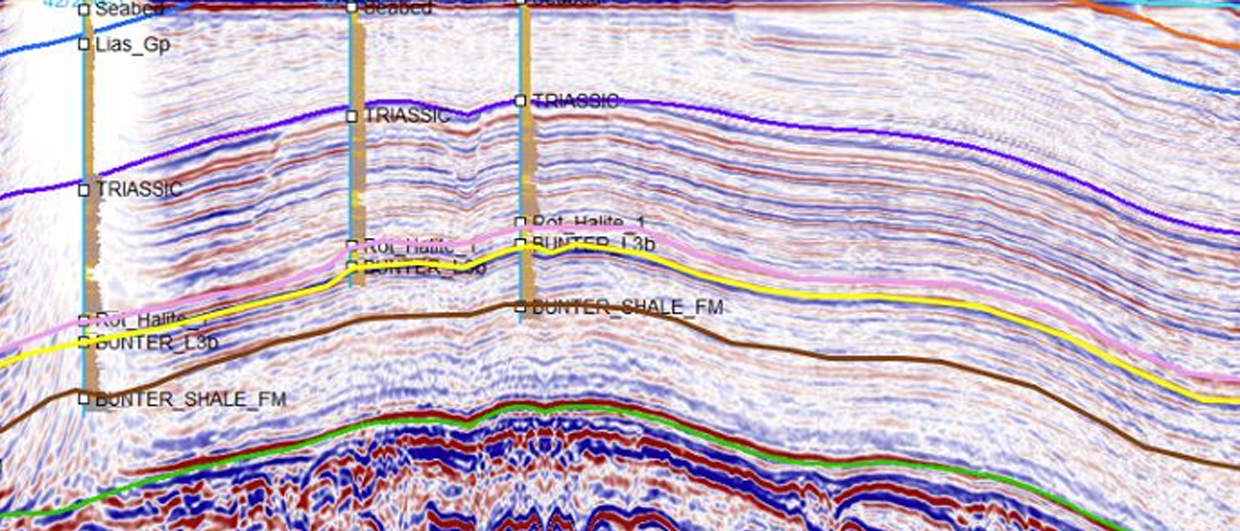48 fully funded PhD positions distributed amongst 12 universities over three years, that’s one of the backbones of the Centre for Doctoral Training (CDT) in Geoscience and its role in the Low Carbon Energy Transition and challenge to meet net zero emission targets.
Entitled GeoNetZero, the CDT builds on the success of the Natural Environment Research Council (NERC) CDT in Oil & Gas, whose unique model of combined research and bespoke 20-week, Geological Society accredited training programme is already providing the new generation of scientists and practitioners with the skills needed reduce the carbon footprint of the global economy.
A coordinated approach
John Underhill from Heriot-Watt University in Edinburgh, who heads up the CDT programme says: “The fact that 9 industry sponsors, 12 academic partners, the BGS and the government through the ministry of Business, Energy & Industrial Strategy (BEIS) and NERC all came together to form this extensive four-year programme of PhD research and training is testament to the success of the CDT model and the recognition of the need for a coordinated approach to organise research and training in this way.”
From characterisation of low-enthalpy geothermal reservoirs via researching the lithium potential of geothermal systems in the northeast of the UK to evaluating subsurface storage of carbon dioxide and hydrogen, to assessing past storm and tsunami events to better design offshore and coastal renewable energy infrastructure, there is a wide range of PhD projects available to apply for.
“Inclusion in the North Sea Transition Deal is fantastic news and a real endorsement of the CDT programme. It recognises the benefit that accrues from this coordinated approach in organising training and research to support the drive towards net zero. The result leads to a talented student cohort in which there is no duplication of work and projects that are all supervised by recognised experts in the relevant field across the partner Universities,” continues John Underhill.
A key element: Training
In addition to the significant number of fully funded PhD positions, the CDT’s training curriculum covers a broad spectrum of geoscience and its applications, e.g. Sedimentology, Stratigraphy, Tectonics, LiDAR, virtual reality, geo-informatics, reservoir management, but also subjects of more general application such as Artificial Intelligence, Machine Learning, Communicating Science and Career Development.
All in all, it is through the CDT that the next generation of geoscientists will make their way into a much more diverse energy industry with skills tailored to what is required in the decades to come.
HENK KOMBRINK





